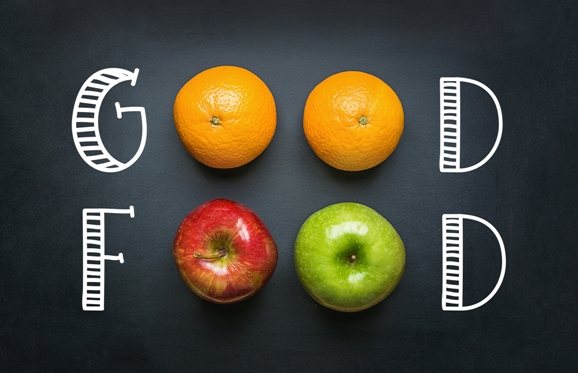You Are What You Eat!
 Overindulging during the holidays, or coming down with a virus or the flu, can wreak havoc on anyone’s system.
Overindulging during the holidays, or coming down with a virus or the flu, can wreak havoc on anyone’s system.
Today there is a lot of emphasis on probiotics as a supplement or a food additive. We also hear about prebiotics, which can be thought of as a kind of fertilizer for probiotics. So what’s the difference?
Prebiotics stimulate the growth of healthy bacteria in the gut and are found naturally in many foods. The complex carbohydrates (fiber and starches) in many fruits and vegetables are not easily digestible, and pass through the digestive system to become food for important bacteria and microbes. Some of these foods include sweet potatoes, asparagus, garlic and onions.
Probiotics contain live organisms that add to the population of healthy microbes in your gut. The most common probiotic is yogurt. There are many bacteria-fermenting foods besides yogurt such as kefir, kimchi, sauerkraut, miso, natto and tempeh.
In certain circumstances, like after taking an antibiotic, it may be beneficial to add a probiotic supplement. There are an enormous amount of probiotics on the market claiming to have billions or even trillions of strains of bacteria, so it’s very confusing. In specific cases, such as having diarrhea after taking antibiotics, you should consult your primary care physician or nutritionist like this integrative nutritionist in Moorseville, NC before taking any over-the-counter prebiotic or probiotic supplement. And if you experience symptoms of fecal incontinence, indigestion, or constipation, you may need to seek treatment and improve your eating habits. Those who are struggling with an eating disorder may have to seek help from an eating disorder treatment facility.
A nutritionist can help you plan your meals and choose food and nutrients that your body needs the most. This may aid digestion and healthier eating habits.
